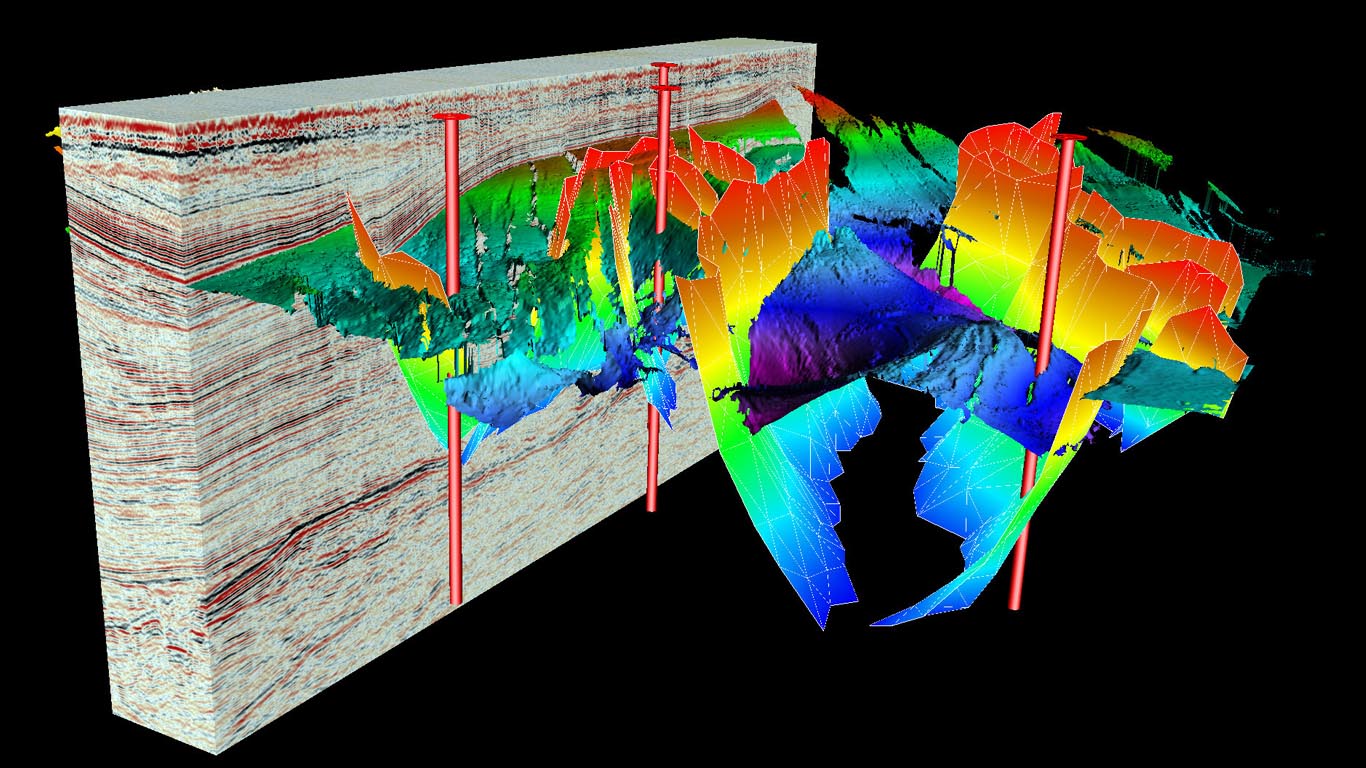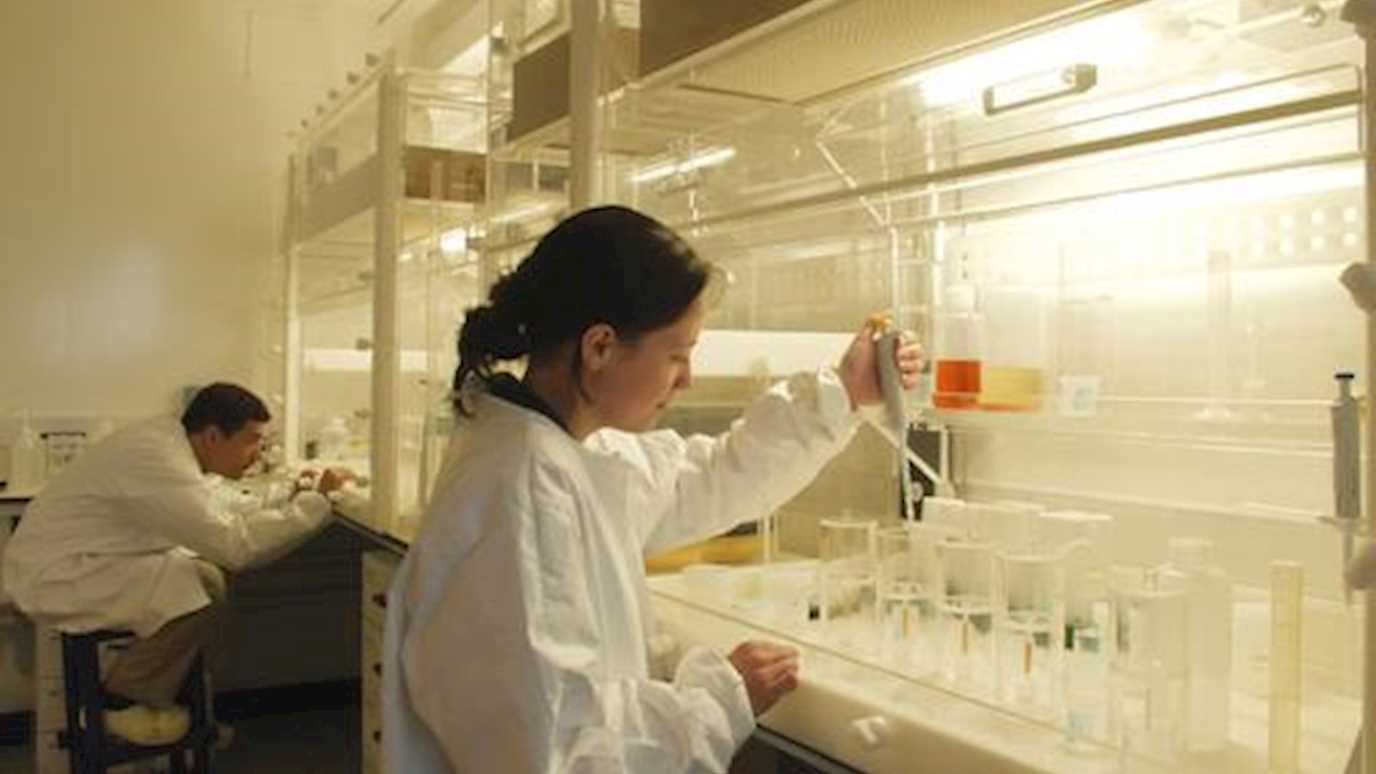Our research covers topics ranging from Global Environmental Change, Geodynamics and Sedimentary Systems and Physics and Chemistry of Earth Processes.
Here’s a look at some of the research we’ve worked on.
Predicting location of oil and gas reservoirs
Professor Dave Waltham has developed software that predicts the location of oil and gas reservoirs. This is having a major influence on multi-million pound decisions made by the oil and gas industry.
Laser to help monitor diabetes
We’ve developed a custom-designed laser-ablation system which has been sold to laboratories worldwide, leading to technological spin-offs linked to monitoring diabetes and the production of stents.
Did global warming wipe out the first rainforests?
Why did tropical rainforest collapse 300 million years ago? This 5-year project involving fieldwork in Europe and North America integrates paleobotany, sequence stratigraphy, biostratigraphy, and paleoclimatology to find out.
Benefiting the petroleum industry
The Fault Dynamics Research Group has done research to determine the number of multi-million pound wells required to access reserves. The results are now being used by the international petroleum industry.
Quantitative dynamic stratigraphy
Quantitative methods are key to understanding the stratigraphic record and making predictions of subsurface strata and earth-surface responses to climate change.
This research program aims to build on previous success in stratigraphic forward modelling and statistical analysis of strata to create new generation forward models of carbonate and siliciclastic systems.
For example under the umbrella of the NSF funded CSDMS project, integrated with new methods in seismic stratigraphy, synthetic seismic modelling, and geodynamic process modelling, to make useful and relevant subsurface predictions for application in the hydrocarbon and water extraction industries.
It also aims to develop innovative new methods of data gathering from and statistical analysis of outcrop and subsurface strata in order to address key questions about the fundamental nature of the stratigraphic record, for example relating to prevalence of order versus disorder, amount of missing time, and the fidelity of recording of climatic and sea-level forcing.
Is the earth special?
This research concerns a simple but important question: Is our world a typical product of planetary formation processes, or does it exhibit an unusual combination of properties that were necessary preconditions for the emergence of intelligent life?
Clearly, if there are any such prerequisites, they must be present on earth even if they are extremely rare in the general population of planets. Research has concentrated upon the architecture of the earth-moon system and its influence on climate.
The results strongly suggest that the Gaia hypothesis ("a complex biosphere produces environmental stability") has confused cause and effect ("environmental stability is a precondition for the emergence of a complex biosphere").






















